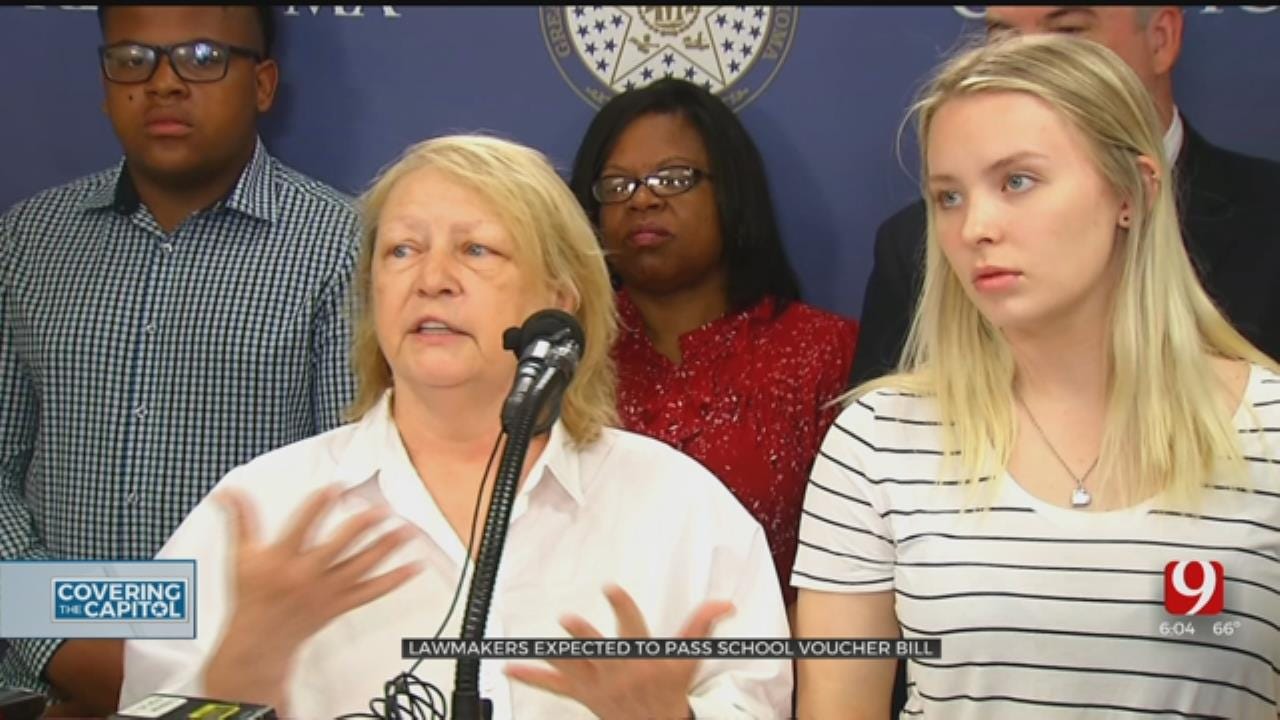State Senate To Hear Controversial School Tax Credit Bill This Week
A controversial school tax credit bill is expected to be heard in the state Senate this week.Monday, April 22nd 2019, 6:04 pm
A controversial school tax credit bill is expected to be heard in the state Senate this week.
Backers say it means more opportunities for low income students. Opponents say it's nothing more than a voucher system.
Debbie Wilson says without the opportunity scholarship fund, her granddaughter probably wouldn’t be graduating high school this year.
“She felt safe. She was in a place where she could learn. She was behind and they got her caught up and it’s just been an amazing place,” Wilson.
The fund offers scholarships for low-income students that can be used in private schools and some public school programs.
Senate Bill 407 would raise the tax credit cap donors can receive when they donate to the opportunity scholarship fund from $3.5 million to $15 million.
“We want them to raise the cap, so that we will have the opportunity to bring scholarships to other low-income families that need a better learning environment for their kids,” said Rob Sellers, Director of the Opportunity Scholarship Fund.
Senator Dave Rader (R) Tulsa added, “It helps kids in private schools, it helps kids in public schools. Public school side we are going to add a little bit more money so we can do some special programs.”
And backers stress, this is not a school voucher program.
“All monies coming in are private contributions. These are not state funds. So, to be called a voucher is totally inaccurate,” said Rader.
But the state’s largest teachers union doesn’t see it that way.
“Anytime we pass tax credits and incentives it just shrinks the whole state pie. And when we shrink that pie the pieces of the pie get smaller as well,” said Katherine Bishop of the Oklahoma Education Association. “Anything that we do to use state funds to go to a private school is absolutely a voucher.”
Representative Jon Echols (R) Minority Floor Leader said, “A voucher is where you’re taking money from a child and you’re moving it from the public school system. If you are watching at home and are listening to arguments from people who say that’s what it does, listen to someone else.”
The bill is expected to be heard Wednesday or Thursday.
More Like This
April 22nd, 2019
March 10th, 2020
March 9th, 2020
Top Headlines
January 15th, 2025
January 15th, 2025
January 15th, 2025
January 14th, 2025













